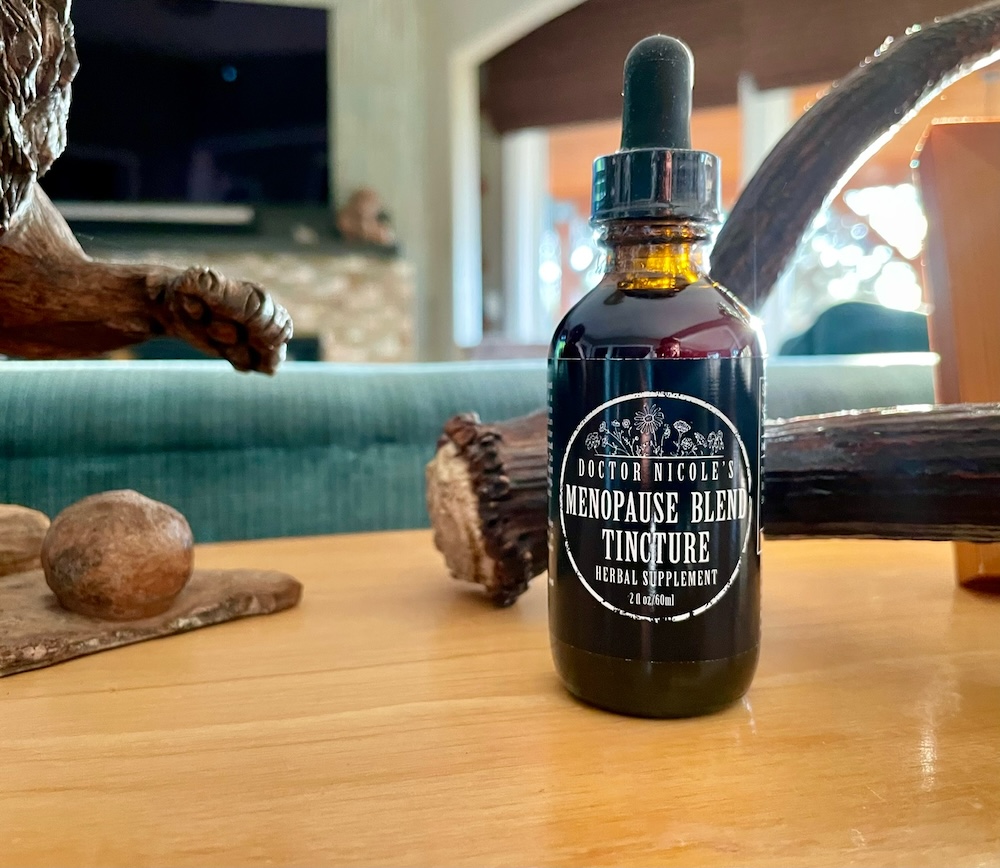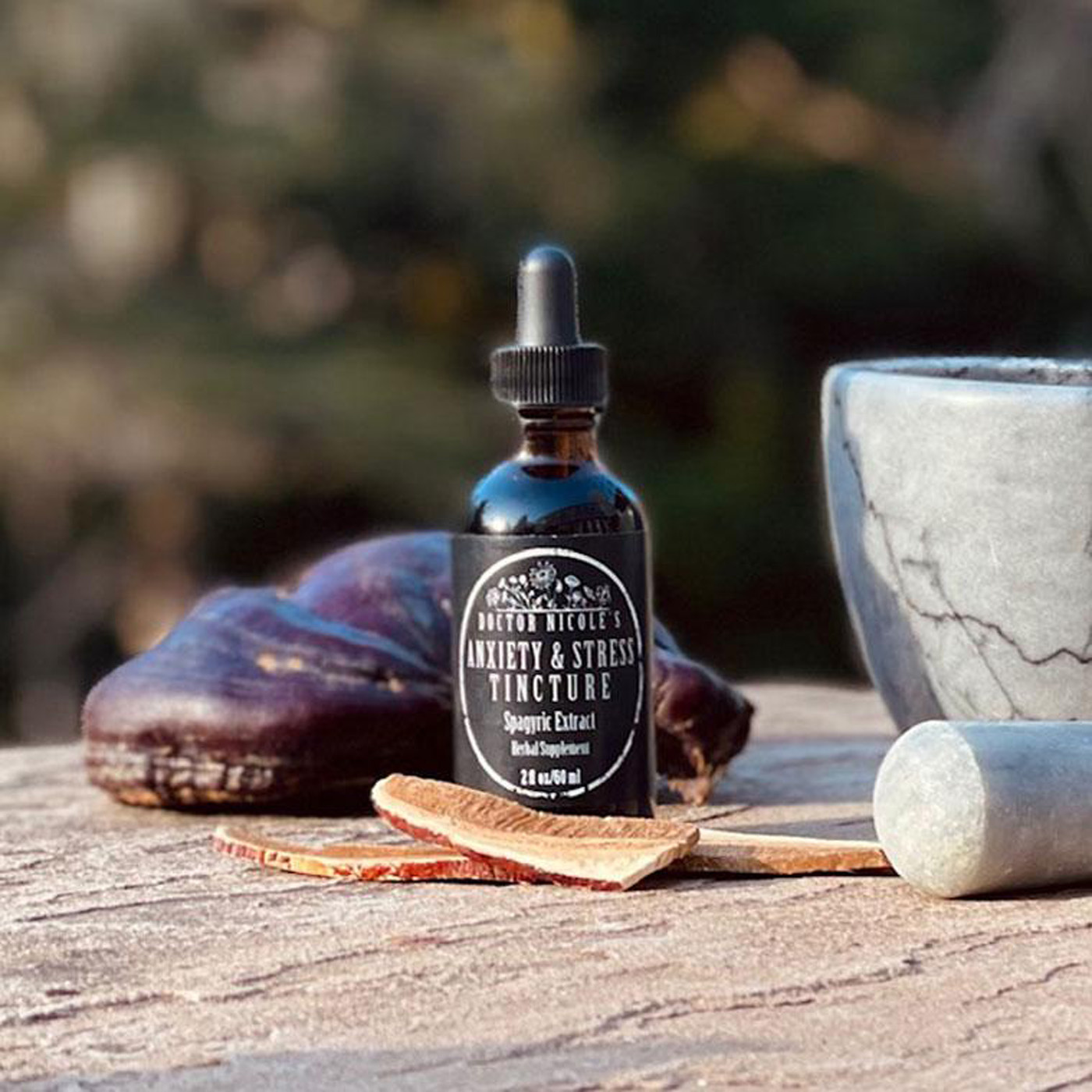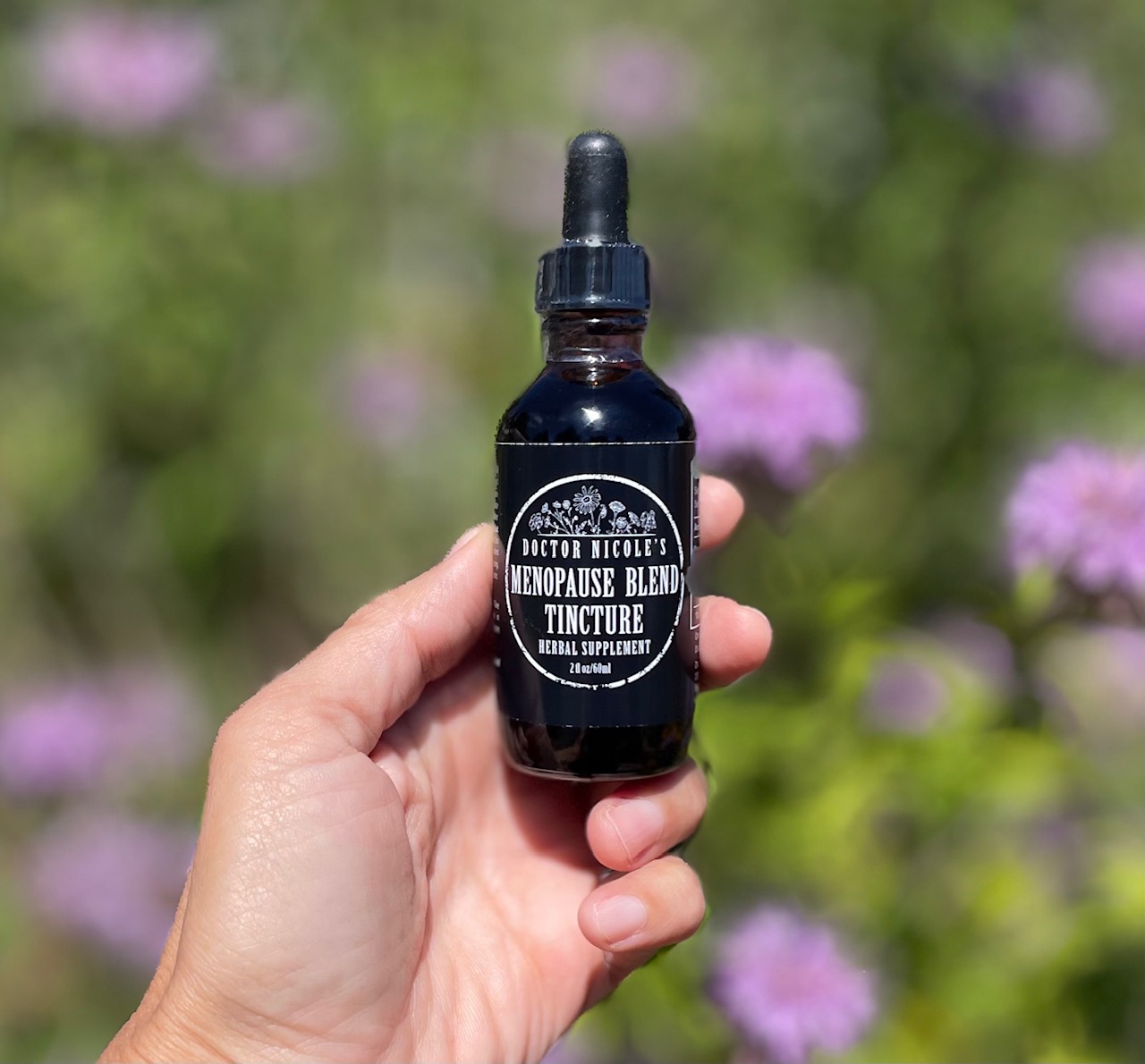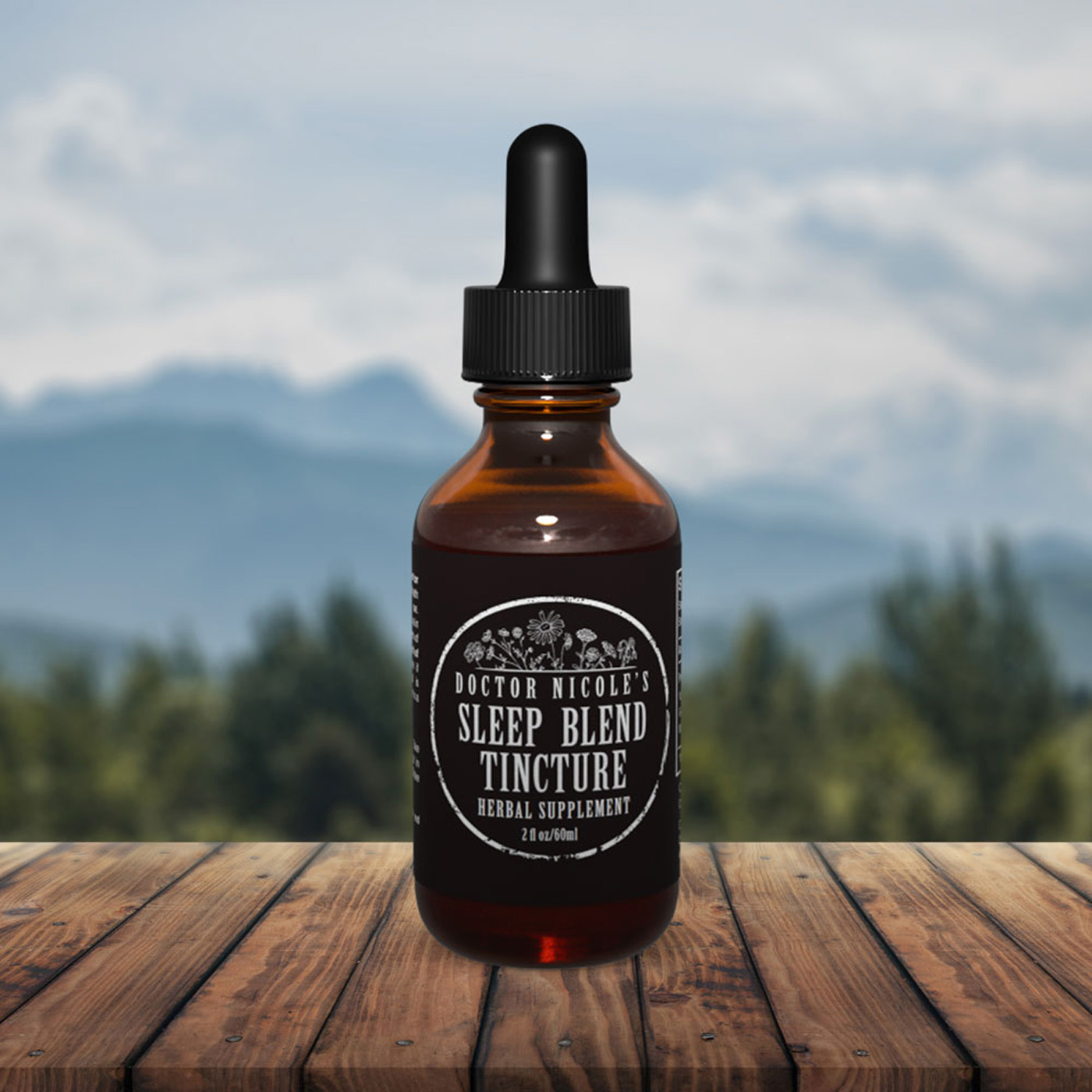Navigating a Major Hormonal Shift
For many women, weight gain — especially around the midsection — can come as quite a shock when you enter into your menopausal years. Long gone are the days when you could eat pretty much whatever you wanted without much of an issue. Now, even looking at a piece of cheesecake can cause you to gain five pounds. But fear not! By understanding why you gain the weight during this shift — and how to address it — you can navigate menopause and beyond in a healthy way. But first, let’s have a look at the different stages of these hormonal changes and how each can influence your weight.
Understanding the Stages of Menopause
Menopause, like adolescence and pregnancy, is one of the major hormonal shifts for women. With menopause the body begins to produce less of the hormone estrogen, which is responsible for regulating your menstrual cycle. This is also when the ovaries start running low on eggs. The average age of onset is around 51 years old. There are three, distinct stages:1
Perimenopause is considered the transitional period where you begin to have menopause-like symptoms such as hot flashes, mood swings, and irregular periods. It can last for years — and sometimes up to a decade. This is often when women begin to notice a slower metabolism and weight gain.
You have reached menopause when you haven’t had a menstrual cycle for one full year, which isn’t caused by medication or a health condition that would influence your period. At this point, your ovaries have stopped producing estrogen (more or less) and no longer release eggs.
With postmenopause your symptoms will lessen significantly and most likely will go away. However, you are now at an increased risk of osteoporosis and heart disease in the absence of estrogen.

The Link Between Estrogen, Metabolism, & Weight Gain
When your estrogen levels begin to decline, so does your metabolism. This is why you can eat the same healthy diet as in your 30s and still gain weight — but it can be subtle and creep up on you. Most women notice significant weight gain in the menopause stage.
“Menopause weight gain is a normal and expected result of the aging process,” women’s health specialist Pelin Batur, MD explains. “As we get older, our metabolism naturally slows down and we often lose muscle mass — all of which contributes to weight gain.” He adds, “Menopause can affect the hormones that regulate fat storage, among other things. It may take more effort to maintain your weight or return to a healthy weight for you, but it’s possible.”3
Chronic conditions such as diabetes, polycystic ovary syndrome, and sleep apnea can increase your risk of weight gain during menopause as well. Hot flashes and insomnia can also cause increased weight. How so? When your sleep is disrupted, stress hormones surge — such as cortisol, which is known to cause fat storage.2 This is where my Sleep Blend and Anxiety & Stress Tincture can be helpful.
You also begin to lose fat-burning muscle mass in your 40s with a 30-50% decline by the age of 80. Experts believe this is due to a reduction of sex hormones along with the tendency towards less physical activity as you age.3 Since less muscle mass equals lower caloric burn, the decrease in muscle can cause substantial weight gain over the long term.
What about stubborn belly fat? It’s an unfortunate fact that much of menopausal weight gain tends to settle around the midsection.This is concerning due to the fact that carrying excess weight in your belly can increase your risk of death from all causes, including cardiovascular disease.4

Managing the Impact of Menopause
While it’s true that we need to be more intentional about what we eat and our lifestyle habits during menopause and beyond, it is not impossible to counteract weight gain and the subsequent health effects. Here are several core tips to get your started. For a comprehensive menopause protocol, see The Holistic Guide to Wellness: Herbal Protocols for Common Ailments.
Eating a whole food healthy diet is number one as fiber helps to keep blood sugar levels in-check. Not surprisingly, a consistent exercise routine that includes weight training to maintain muscle mass is next. Don’t discount the impact of non-exercise activity thermogenesis (NEAT) for burning calories. A standing desk can also help.
Lastly, reducing stress and improving sleep are two key areas to address as both can disrupt hormonal balance, especially by increasing fat-storing cortisol. Stress-relieving and sleep-improving practices such as gratitude, exercise, and spending time in nature are highly recommended.
This brings us to herbal remedies that help to off-set the negative effects of menopause. My two favorite herbs for menopause are red cover and black cohosh. Here’s why.
Plant-Based Menopausal Relief
Red clover contains phytoestrogens and may help combat bone loss, as estrogen plays a prominent role in bone health. A recent study showed that red clover influences estradiol concentration, exercise performance, and gut microbiota.5 Due to its phytoestrogen isoflavonoid levels, red clover is an excellent alternative to hormone replacement therapy (many people also use these herbs in conjunction with HRT). It relieves many of the symptoms of menopause, including hot flashes and night sweats.
Black cohosh is a phytoestrogenic plant that can help raise estrogen levels and suppress fluctuations that result in hot flashes and night sweats. Studies show black cohosh to be an effective remedy for menopause and more powerful than evening primrose oil.6
Due to these powerful properties, I formulated our Menopause Blend with both. It helps to alleviate hot flashes, night sweats, sleep problems, weight gain, and more. This potent extract blend also supports heart health and bone strength — two very real concerns during menopause and beyond. Visit the apothecary today and learn more about how this effective tincture blend can help you to truly thrive!
Nicole Apelian
Nicole’s Apothecary Products in this Post
References
- Kawamoto, Y., Ueno, Y., Nakahashi, E., Obayashi, M., Sugihara, K., Qiao, S., Iida, M., Kumasaka, M. Y., Yajima, I., Goto, Y., Ohgami, N., Kato, M., & Takeda, K. (2016). Prevention of allergic rhinitis by ginger and the molecular basis of immunosuppression by 6-gingerol through T cell inactivation. The Journal of nutritional biochemistry, 27, 112–122. https://doi.org/10.1016/j.jnutbio.2015.08.025. https://pubmed.ncbi.nlm.nih.gov/26403321/
- Ishikawa, Y., Tokura, T., Nakano, N., Hara, M., Niyonsaba, F., Ushio, H., Yamamoto, Y., Tadokoro, T., Okumura, K., & Ogawa, H. (2008). Inhibitory effect of honeybee-collected pollen on mast cell degranulation in vivo and in vitro. Journal of medicinal food, 11(1), 14–20. https://doi.org/10.1089/jmf.2006.163. https://pubmed.ncbi.nlm.nih.gov/18361733/
- Mlcek, J., Jurikova, T., Skrovankova, S., & Sochor, J. (2016). Quercetin and Its Anti-Allergic Immune Response. Molecules (Basel, Switzerland), 21(5), 623. https://doi.org/10.3390/molecules21050623. https://pubmed.ncbi.nlm.nih.gov/27187333/









